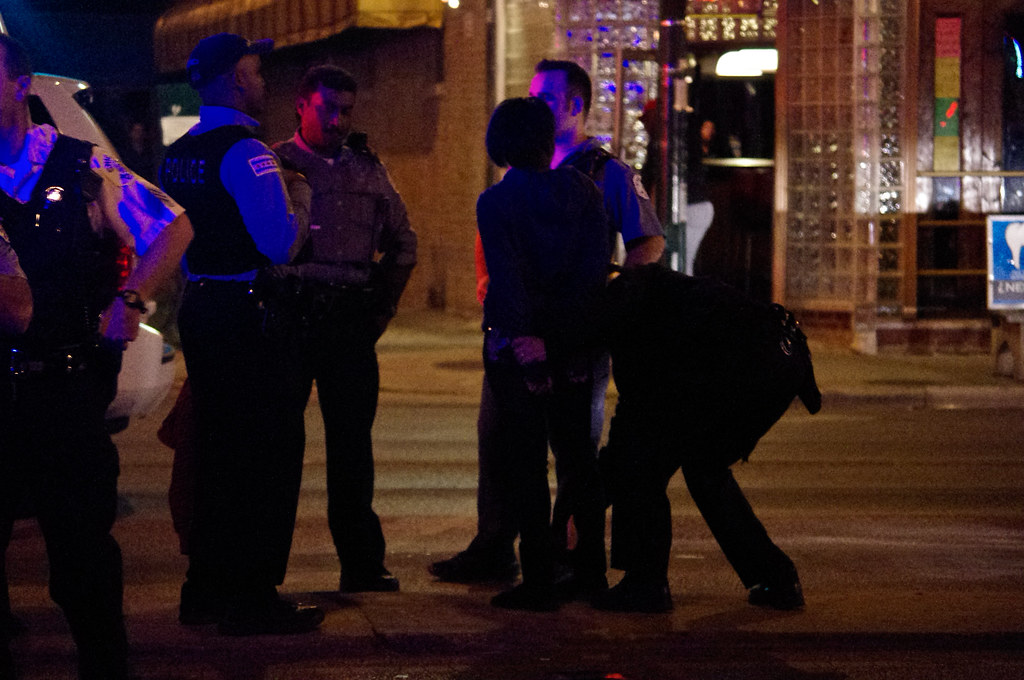Key Takeaways
- Retired Colonel Steve Gabavics concluded Shireen Abu Akleh was shot on purpose.
- His report was altered by a senior officer before State Department release.
- The official account called the shooting accidental, despite clear evidence.
- Civil rights groups now demand a full investigation and accountability.
US Colonel’s Inquiry Confirms Shireen Abu Akleh Was Shot Intentionally
Retired Colonel Steve Gabavics broke his silence to say his investigation proved the Israeli soldier who fired the fatal shot knew journalist Shireen Abu Akleh was present. He shared his findings with the New York Times after years of speaking anonymously. His detailed report drew on radio logs, eyewitness tests at the site, and military records. Yet, his superiors redacted his key conclusion.
State Department’s Response to Shireen Abu Akleh Findings
In July 2022, the State Department announced that Abu Akleh’s death was an accident. However, Gabavics insists that version ignored critical evidence. He drafted a report stating his case “beyond a reasonable doubt.” Despite this, his boss, Lt. Gen. Michael R. Fenzel, removed that language. Fenzel claimed he trusted an Israeli commander who called the killing a “tragic accident.”
Moreover, department officials feared straining ties with the Israeli military. They chose to downplay the evidence. Gabavics says this choice “bothered him the most” in his 30-year career. He and his team watched blue-vested colleagues stand where Abu Akleh fell, while he stood near the shooter’s vehicle. They saw no gunfire from the journalists’ direction that could justify a defensive shot.
What Colonel Gabavics Found in Jenin
Gabavics led the inquiry days after the May 2022 raid on a West Bank refugee camp. He and three colleagues gathered four key facts:
1. Israeli military radio traffic showed soldiers knew journalists were in the area.
2. Journalists did not fire any shots that morning.
3. A military vehicle down the road gave a clear view of the reporters.
4. Tests at the scene proved visibility and line of fire.
Based on this, he said the soldier must have seen Abu Akleh’s navy-blue press vest. Under international law, soldiers must protect identified journalists. Therefore, Gabavics concluded the shot was intentional.
Cover-Up and Internal Disagreements
Gabavics repeatedly added his intentional-shooting language to draft reports. Each time, Fenzel deleted those lines. When Gabavics pressed the issue, Fenzel threatened to fire him. Gabavics refused to back down. He said the official story of a random, accidental sniper just “doesn’t add up.”
Fenzel defended his edits. He claimed the team reached the right conclusions. He also said he trusted the Israeli commander’s view. Critics argue that putting a foreign military’s word above an American officer’s findings amounts to a cover-up. Gabavics vowed to keep the truth on his conscience until retirement. He left the Office of the United States Security Coordinator in January.
Reactions and Calls for Investigation
Civil rights groups quickly praised Gabavics. The Council on American-Islamic Relations called his account “brave” and “long overdue.” They urged a new inquiry by the State Department and the FBI. They also demanded an investigation into Lt. Gen. Fenzel and any officials involved in the alleged cover-up.
Furthermore, they condemned senior Biden administration figures for enabling the misleading report. The group wants those officials removed from public service and academia. They argue accountability will deter future attacks on journalists.
Moreover, this case has global resonance. Reporters Without Borders and other press freedom advocates say the killing of Shireen Abu Akleh underscores dangers for journalists in conflict zones. They stress that governments must uphold international law and protect reporters.
Looking Ahead
Gabavics’ public revelation may reshape how the US handles investigations into journalist killings. His insistence on transparency contrasts with diplomatic caution that can hide inconvenient facts. As voices grow louder for a proper investigation, the State Department faces pressure to reopen the case.
In addition, lawmakers have called for hearings on how the original report was edited. They want to know if political considerations overrode clear evidence. Some are exploring new legislation to safeguard future military and diplomatic investigations from undue influence.
Ultimately, Gabavics hopes his story inspires other officials to speak out when they witness wrongdoing. He says truth must guide public trust in government.
Frequently Asked Questions
What evidence supports the claim that Shireen Abu Akleh was shot intentionally?
Radio logs confirmed soldiers knew journalists were in the area. Tests at the site showed clear sight lines from a military vehicle to the reporters. No return fire came from the journalists, ruling out self-defense.
Why did the State Department call the shooting accidental?
According to officials, a senior officer trusted an Israeli commander who labeled it a tragic accident. They altered the report to preserve relations with the Israeli military.
What role did Colonel Steve Gabavics play in the investigation?
As chief of staff at the Office of the United States Security Coordinator, Gabavics led a four-person team to Jenin. He drafted a report stating the killing was intentional, based on solid evidence.
What actions are civil rights groups calling for now?
Groups demand a new, independent investigation by the State Department and the FBI. They also seek inquiries into the officials who edited the original report and want them held accountable.
